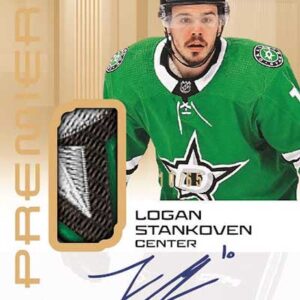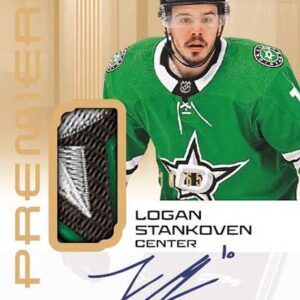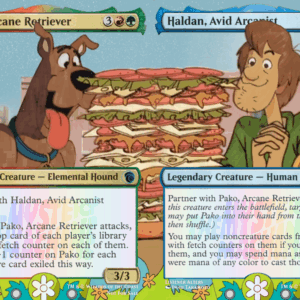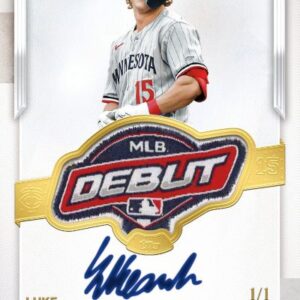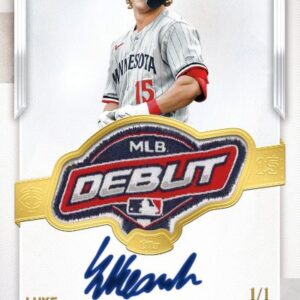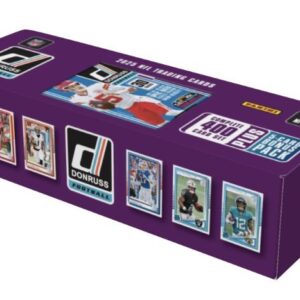Marvin Harrison Jr., a rising star freshly drafted by the Arizona Cardinals from his alma mater at Ohio State, is caught in a whirlwind of uncertainty surrounding his transition to the big leagues of the NFL. As he bids farewell to his collegiate football days, the focal point of his dilemma lies in the murky waters of his trading card and autograph rights, stemming from intricate contracts with Fanatics and the enigmatic NFL Players Inc.
The narrative unfolds as Harrison navigates the intricate web of merchandising rights, primarily revolving around his image and brand as a budding NFL talent. His pre-existing multi-year pact with Fanatics, inked before his final season at Ohio State, once stood as a beacon of security. Alas, the aura of assurance is now shrouded in ambiguity, as the overarching licensing agreement with NFL Players Inc. remains conspicuously unsigned.
Reports from ESPN shed light on Harrison’s standoff with NFL Players Inc., the ubiquitous conduit overseeing the collective commercial interests of NFL luminaries. This crucial agreement serves as the linchpin for players aiming to be integrated into the realm of NFL-endorsed merchandise, spanning from coveted trading cards to meticulously crafted team jerseys. The current impasse, it seems, arises from Harrison’s quest for a more lucrative financial pact to extend his affiliation with Fanatics, a decision fraught with implications for his burgeoning professional brand.
The symbiotic partnership with Fanatics, initially comprehensive in its scope, encompassed a spectrum of merchandising facets ranging from exclusive autographs to bespoke trading cards featuring his illustrious visage. In the recent annals of sports merchandising, Harrison’s presence graced the prestigious ranks of Topps’ Bowman U series, where his sticker-clad autographs garnered the attention of ardent collectors and enthusiasts alike.
In the event that Harrison manages to finalize a fresh accord with Fanatics, the ripples of change are poised to cascade across the trading card landscape. With Topps now nestled under the expansive umbrella of Fanatics, the prospect of Harrison’s NFL-trademarked cards and autographs materializing gains traction. Such a development, however, may spell a temporary prohibition on his autographs proliferating within Panini’s exclusive trading card packs, a hallmark of Fanatics’ strategic monopolies within the industry.
The echoes of Harrison’s predicament reverberate against the backdrop of CJ Stroud’s analogous odyssey, a fellow Ohio State luminary now orchestrating plays for the Houston Texans. Stroud, much like Harrison, forged an exclusive alliance with Fanatics while concurrently entering into a parallel agreement with the marketing arm of NFLPA. This unique compact enabled Panini to carve a niche for Stroud within their lavishly adorned card collections, albeit with a caveat—sole dominion over his autograph emblazoned commodities rested in the hands of Fanatics/Topps post his NFL induction.
Amidst the labyrinthine negotiations and contractual deliberations, Harrison remains resolute in cultivating his bond with his loyal legion of supporters. Through the conduit of his personal website, the dynamic athlete continues to embolden his fan base through the sale of autographed memorabilia. Items ranging from jerseys to helmets and footballs serve as personal tokens of gratitude and connection, forging an intimate bridge between Harrison and his admirers even amidst the churning tides of unresolved NFL merchandising status.
As the saga of Marvin Harrison Jr.’s NFL merchandising rights unfolds, fans and aficionados alike stand poised at the edge of anticipation, awaiting the denouement of a tale that pivots on the fulcrum of contractual intricacies and commercial ramifications.

